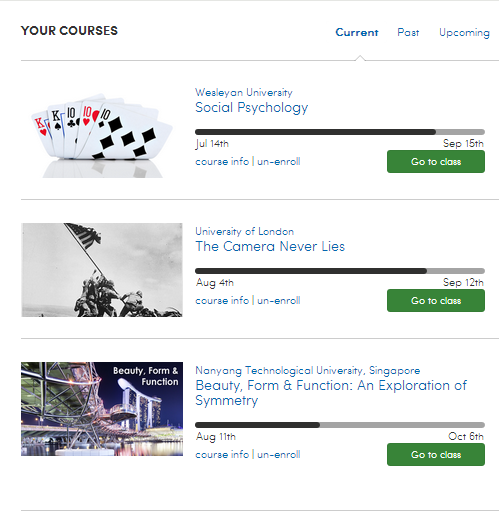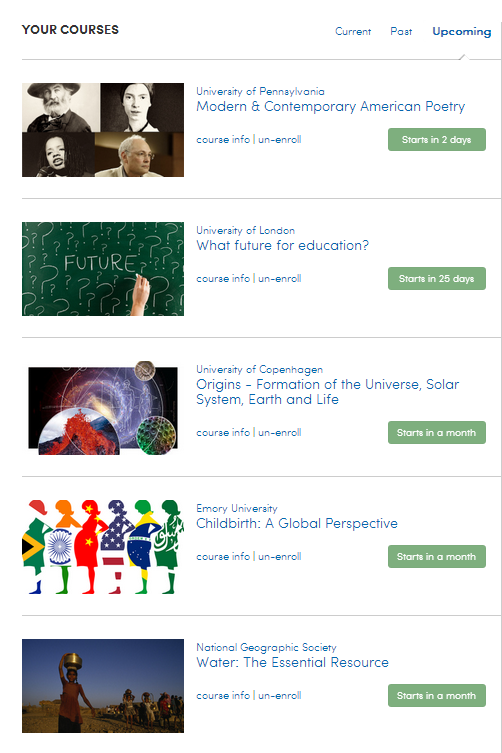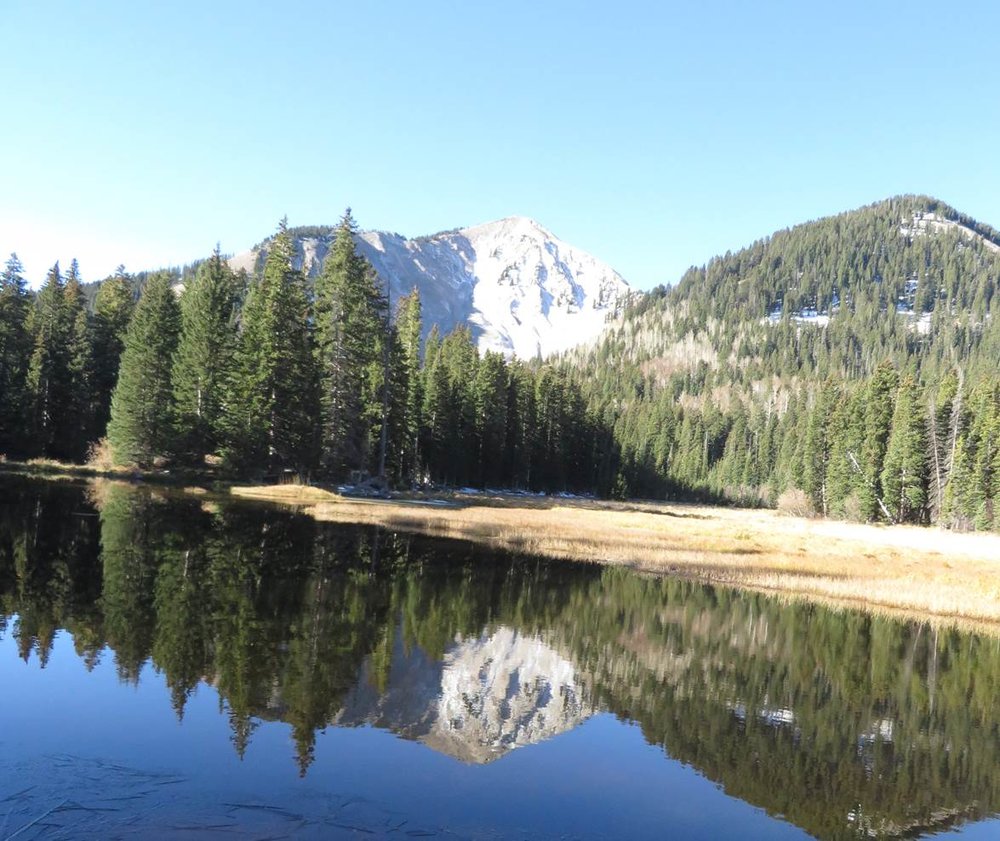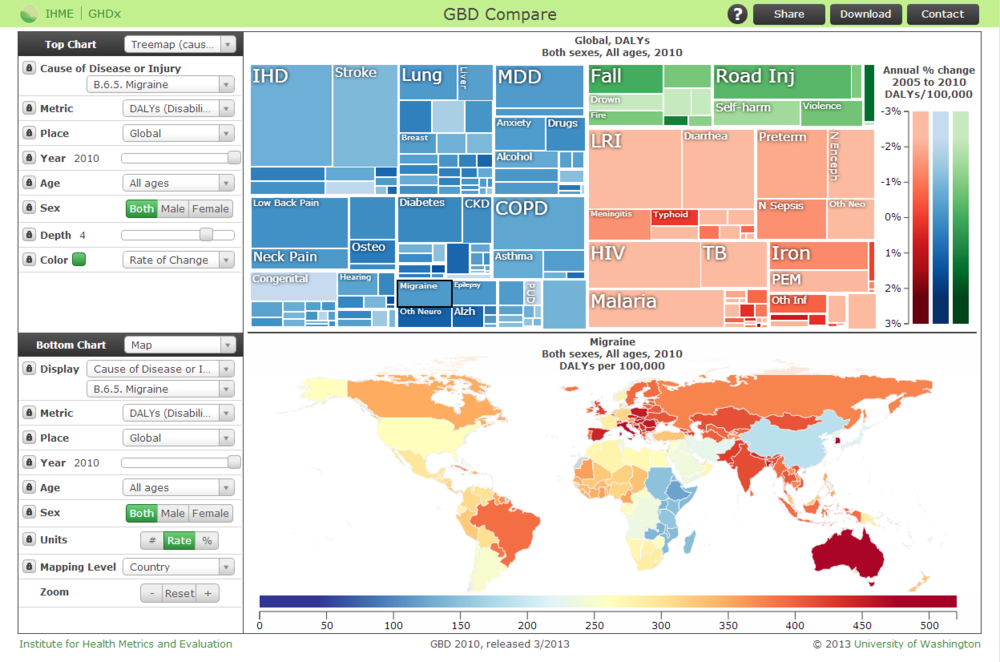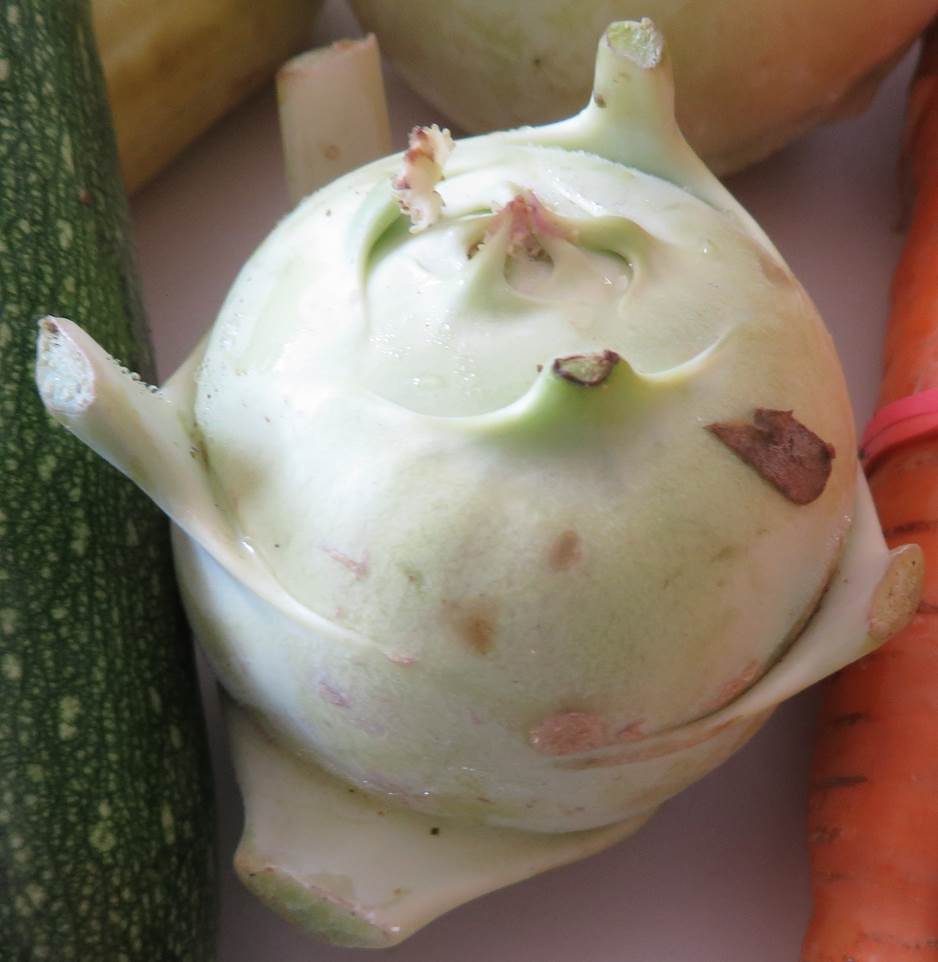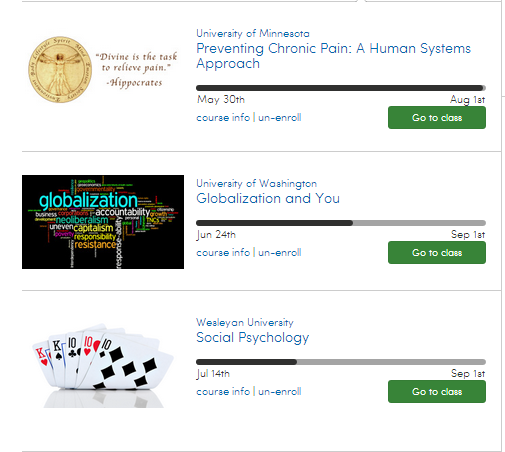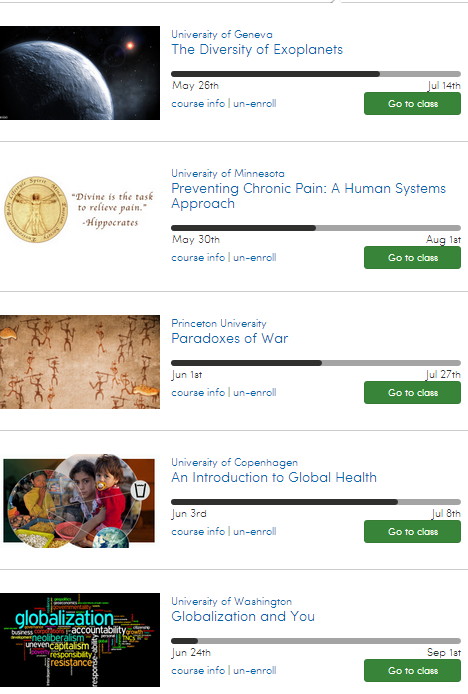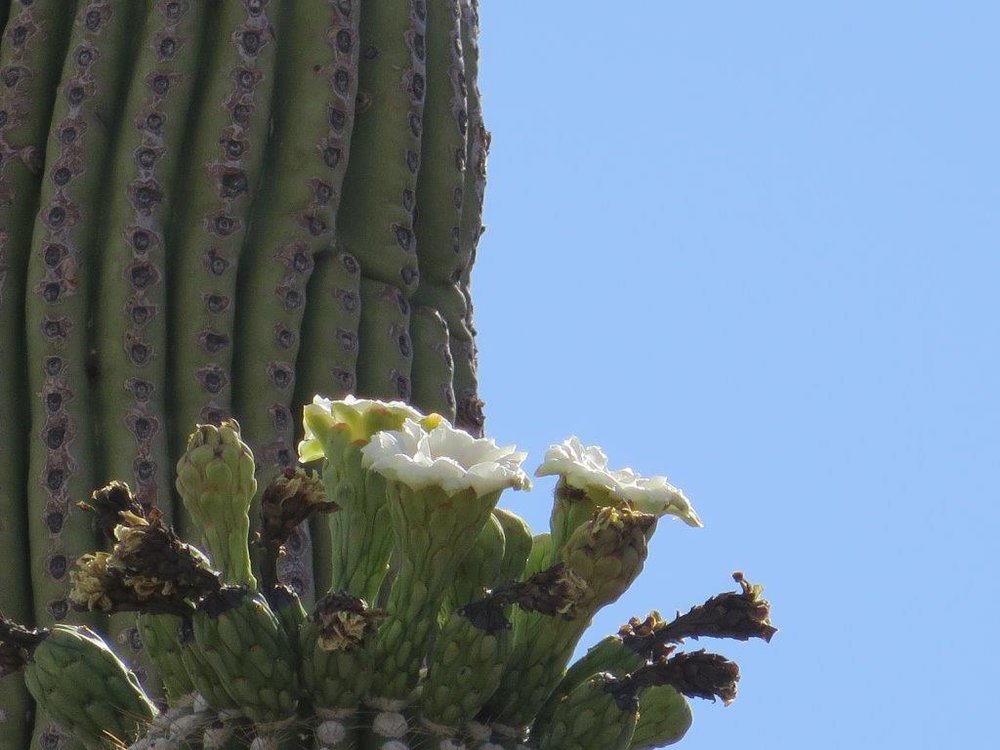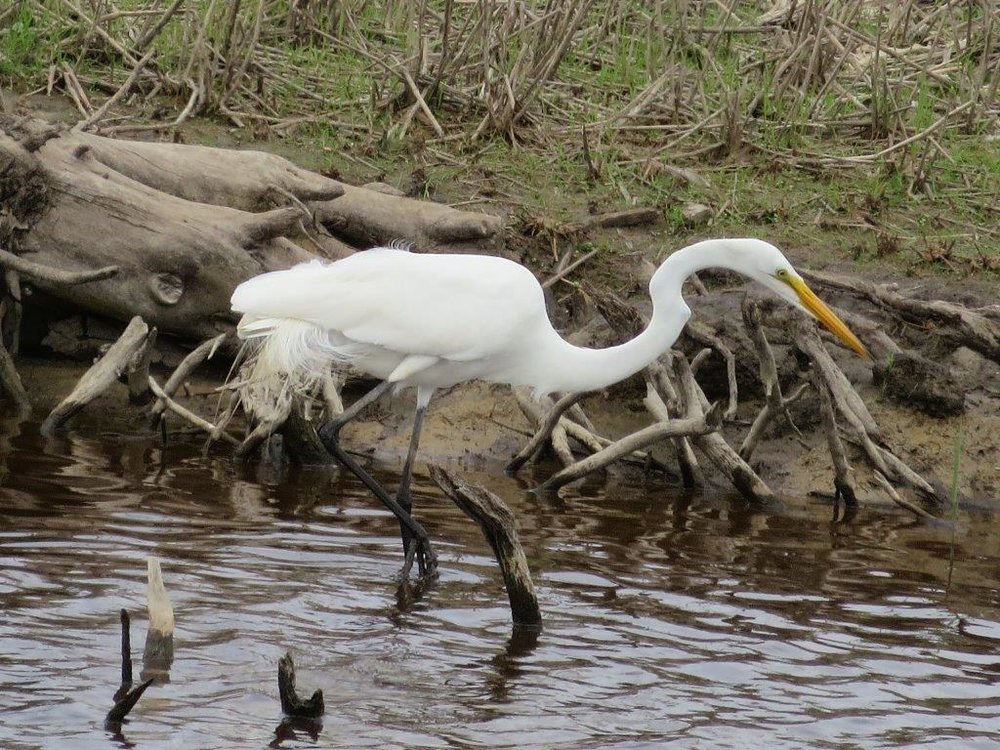Gleanings of the Week Ending September 27, 2014
/The items below were ‘the cream’ of the articles and websites I found this past week. Click on the light green text to look at the article.
An Astronaut’s Guided Video Tour of Earth - Worth the 3-4 minutes to watch!
Toxic “Toupee”: Explaining the Most Venomous Caterpillar in the U.S. - I’m glad they don’t live in Maryland!
 Do wearable lifestyle activity monitors really work? - The Fitbit has certainly caused me to increase my level of physical activity since I got my first one in June 2010. For the first few years I used it to monitor my sleep; I sleep consistently and well so I no longer wear it at night….but the steps and floors measurements are still something I check every day!
Do wearable lifestyle activity monitors really work? - The Fitbit has certainly caused me to increase my level of physical activity since I got my first one in June 2010. For the first few years I used it to monitor my sleep; I sleep consistently and well so I no longer wear it at night….but the steps and floors measurements are still something I check every day!
Nine fats to include in a healthy diet - A list from the Institute of Food Technologists.
This Is How You Make Art from Microscopic Forms - Diatom art….and video about how it is done!
6 Ways to Work Smarter, Not Harder - A list for educators….but the suggestions seem valid for other professions as well.
Sugar Substitutes, Gut Bacteria, and Glucose Intolerance - Artificial sweeteners may have an unexpected - and not positive - effect.
American Farmers Are Growing Old, With Spiraling Costs Keeping Out Young - The average age of principal farm operators is now 58 years old in the US. I’m thrilled that the farmer at my CSA is young and seems to have a successful enterprise.
The secrets of the desert aircraft ‘boneyards’ - A few years ago I took the bus tour of The Boneyard at the Davis-Monthan Air Force Base near Tucson. The aerial view was a different perspective than we got from the bus window!
Planetary atmospheres and climate: An interview with Dr. Jonathan Mitchell - Interests and adventures in planetary science - there is a lot to do!





